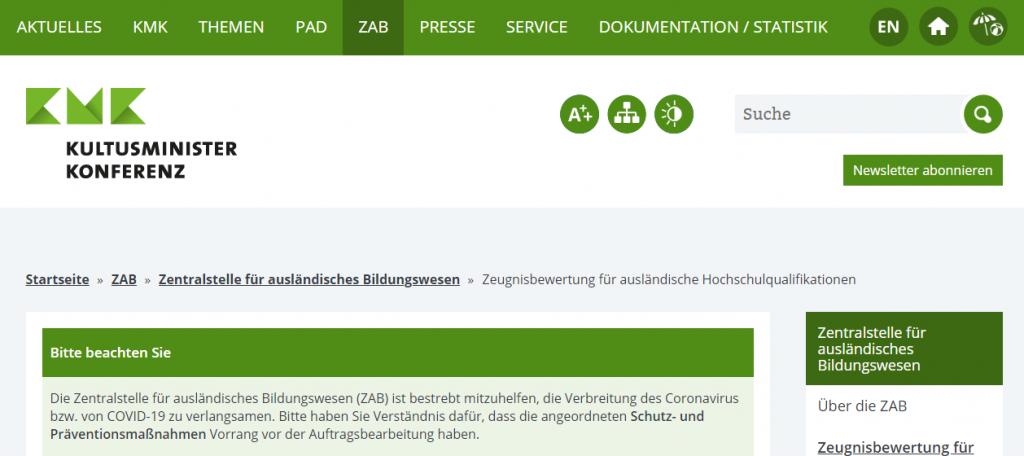
Blog with images embedded within
This is where your blog text comes. You can also add image in this blog. Let’s take the example of engineers recognition post. Let’s copy and paste the whole thing here.
Recognition for engineers: Which procedure is the right one for you?
What are the first things that come to your mind when you hear “Made in Germany”? If you’re thinking of cars, machines and tools, you are probably an engineer. (If your second thought was beer, bread and sausages, you are probably a hungry engineer.)
Germany is famous for its world-class engineering and innovation culture. Therefore, it’s no surprise that there is a huge demand for engineers, especially in the fields of Electronics and Structural Engineering. While the global war for engineering talents is a nightmare for employers, it means great job opportunities for non-EU professionals.
If you have ever considered looking for a job in Germany, you probably know having recognised qualifications is one of the key prerequisites to actually make it in the job market. So what do you do next: You go and get your degree recognised! Nothing easier than that, right?
Well, yes and no. When it comes to recognition procedures for engineers, Germany is more like Rome: Many roads lead to your destination. Typically, engineers show the comparability of their degree with one of the following:
- A download from Anabin,
- A Statement of Comparability, or
- Applying for the professional title of “Ingenieur”
All three options represent a different approach to recognition with its own set of benefits and disadvantages. Which one makes the most sense for you depends on your situation and motivation.
1. Anabin

Using the database Anabin is the easiest way of showing how your degree compares to German qualifications. All you need to do is go online and check if both your university and your course compare to an academic degree in Germany. This is the case if the university that has issued the course has a status of H+ and your course’s equivalency category corresponds to a Bachelor or Master. Download both records and you are set for your visa procedure.
While using Anabin is quick and simple, the Anabin downloads don’t give you much advantage if you are still looking for a job. Because of their brevity, they don’t help employers understand your degree better. The records on Anabin also don’t allow you to use the protected professional title “Ingenieur”. However, if you already have a job offer and only need to prove the comparability of your degree for visa application, Anabin downloads are the most efficient way to go about it.
Advantages:
- Free of cost
- Quick
Disadvantages:
- No details on the value of your degree
- Doesn’t allow you to use the professional title “Ingenieur”
- Only useful for the visa or other bureaucratic processes

Like Anabin, the process for a Statement of Comparability is managed by the Zentralstelle für ausländisches Bildungswesen (Central Office for Foreign Educational Systems, ZAB). However, unlike the download, the Statement provides an official and detailed description of your degree and its positioning in the German context. E.g. it specifies which education level your degree corresponds to, which access to further education you have and, most importantly, what kind of jobs you can take up in Germany.
In other words: A Statement of Comparability is a great tool for increasing transparency and helping your job search! If employers are able to understand your degree better, they can provide you with more suitable job opportunities. Some employers even request a Statement of Comparability before finalising a job offer. However, a Statement of Comparability may also be necessary if Anabin doesn’t provide conclusive results regarding the comparability of your degree.
Since the Statement is an individual assessment of your qualification, you need to formally apply at the ZAB. Once you have submitted your documents and transferred the processing fee of 200 EUR (as per May 2020), the authority takes about three months to get back to you with the result. Make sure to plan ahead!
Advantages:
- Increased transparency about your education and access to Germany for employers
- Useful when searching positions for young engineers
Disadvantages:
- Chargeable
- Not immediately available
- Doesn’t allow you to use the professional title “Ingenieur”
3. Professional Title “Ingenieur”

Did you know that the German professional title “Ingenieur” is protected? For consumer protection reasons, you can only use it if you show that your foreign qualification corresponds 100% to a German engineering degree. This means that even though you can work as an engineer in Germany without the title, you can’t use it on documents like your CV, visiting cards, a website etc. In fact, doing so without authorisation is even considered a penal offence with costly consequences. Thus, if you want to use the title, make sure you apply for the appropriate recognition procedure first.
Having the title is also a mandatory prerequisite if you want to become a Consulting Engineer in the future.
If you wish to apply for the professional title, you need to submit an application to the competent authority, which typically is the Chamber of Engineers of the state you intend to work in. (You can use the Recognition Finder in order to find out which one that is.) They will then assess your degree, including subjects studied, practical hours spent, relevant work experience etc. and compare it with the German engineering degree. If significant differences are found, you will have to do an adjustment measure, typically a knowledge test or adjustment course. Only on passing / completion, you will be authorised to use the professional title.
Considering the many steps involved in this procedure, it’s not surprising that it takes multiple months to complete, making it overall the most complicated procedure for demonstrating the comparability of your qualification. On top of this, every step is associated with costs. This being said, the title Ingenieur is a quality seal for your engineering know-how. Thus, if you are planning for a longer career in Germany, it is worth a thought.
Advantages:
- Quality seal
- Puts you at the same level as German engineers
- Opens the door to becoming a Consulting Engineer
Disadvantages:
- Lengthy and cost intensive procedure
- Additional prerequisites with regard to German language and experience may be given, depending on authority
To recap
As an engineer, you have multiple options of showcasing your degree, all requiring a different amount of time, money and documentation. Choose the one that makes the most sense for you based on where on your way to Germany you are and what your objectives are. If have any questions, you can always ask ProRecognition.
On a sidenote
While engineers are in demand, almost two thirds of all vacancies are for candidates with vocational qualifications, such as mechatronics technicians, electricians etc. Unlike Germany, where there is a clear distinction in the education paths to follow for a particular profession, India is not that strict about entrance level qualifications. Thus, if you have a Bachelor’s degree, but are working as a technician (and plan to keep doing that), you might have better chances getting recognised for a vocational profession.

